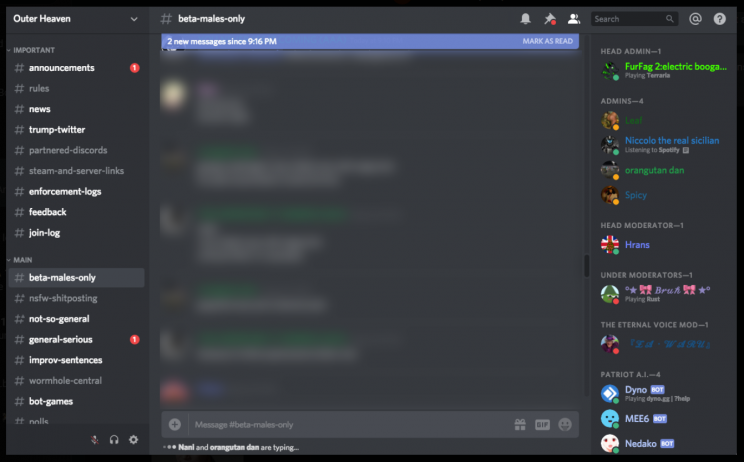

Today is the festival of Purim, detailed in the biblical book of Esther, when Jews celebrate their salvation from Haman’s plot to “destroy, kill, and annihilate” them all, “young and old, infants and women, in a single day.” After they are saved, the Jews are commanded to “remember what Amalek did…you shalt blot out the memory of Amalek from under heaven, you shall not forget.”Īt first, this seems like a paradox.

Can you imagine how much worse this problem would be if the government actively impeded our access to information? Almost half of us believe the same about the JFK assassination and almost a quarter of us think the moon landing was faked. That was to be expected, because nature abhors a vacuum and our society is already prone to alt-reality conspiracy theories when life offers difficult truths. Even with living eyewitnesses and a plethora of photos and videos, a majority of Americans still believe the government is concealing information about about the 9/11 attacks.

Within 24 hours of the New Zealand attacks, there were already intrepid internet sleuths making such claims. Should we delete all footage of 9/11 from YouTube? How about never uttering the name Osama bin Laden or the acronym ISIS? What about banning all mentions of Adolf Hitler, burning all copies of Mein Kampf, and deleting all references to the Holocaust from our history books, lest we inspire neo-Nazis? Would these actions honor the memory of the dead, or simply erase their suffering? Such logic would replace “never forget” with “never remember.”īesides the total lack of evidence that deleting references to terrorists will reduce their activities, there also exists a concern that it will encourage the conspiracy-addled among us to say that these events never happened. Her actions raise the question: can we prevent evil by simply deleting its mention online? Imagine if the same decision had been made in the wake of other horrific historic crimes. New Zealanders’ access to online material about him was blocked. In what has become standing operating procedure after mass attacks, social media accounts connected to the perpetrator disappeared. Internet service providers in New Zealand blocked access to sites like 4chan, 8chan, LiveLeak, and the file-sharing site Mega if the sites did not take down material related to the shooting.Īrdern then announced that the government would consider further policing social media, saying, “We will look at the role that social media played and what steps we can take, including on the international stage and in unison with our partners.” In the wake of the attacks, the prime minister promised to keep the murderer “nameless,” and the internet promptly obliged by flushing the perpetrator’s identity down the memory hole. And they don’t just involve her calls for stricter gun control and decision to ban all semi-automatic rifles.
Serious concerns have arisen over how New Zealand Prime Minister Jacinda Ardern has handled the recent Christchurch mosques massacre.


 0 kommentar(er)
0 kommentar(er)
